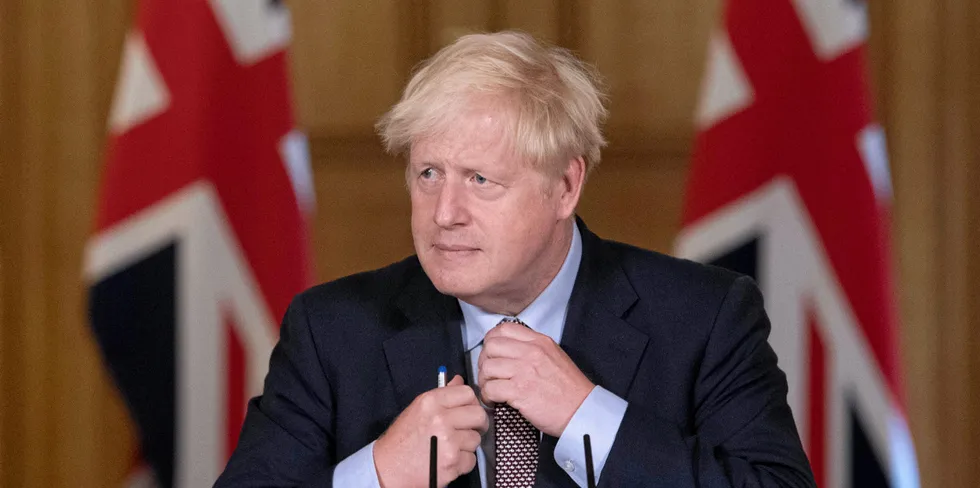World's first national roadmap to net zero by 2050 calls for 100GW backbone of offshore wind
The UK's Climate Change Committee also stresses the need for large-scale low-carbon hydrogen, a phase out of unabated natural gas by 2035, carbon-negative solutions, and a minor role for CCS
